UNIDCOM and IADE – Universidade Europeia are pleased to announce the 7th DDC - Doctoral Design Consortium, which will be held as a remote event, taking place from 23rd to 25th June 2020.
The world is going through an unprecedented crisis as a result of the outbreak of SARS-COV-2, the new coronavirus responsible for the COVID-19 pandemic. In this context, with the global lockdown and the countermeasures taken by the sanitary authorities to avoid the spread of the virus, it was not possible for UNIDCOM and IADE to held DDC’20 physically. Thus, we decided to make use of this opportunity to change DDC in different ways.The first and more relevant modification is that this event won’t be a conference anymore, but a workshop for PhD Students. Like this, DDC now stands for Doctoral Design Consortium. The Consortium format will allow you to do networking with peers and senior researchers in the field, to get an outside opinion/perspective about how your work can be received in the larger research community and, eventually, find the support to do necessary changes/adjustments on the established direction. Furthermore, the consortium offers you a good chance to practice on how to communicate your work to an audience that may have no background in the topic you are researching. The second modification is that there is no call for papers, no double-blind review of the papers and no proceedings being published. Because this is a very special year, although the participation is free and open (upon registration), the works to be presented and discussed will be selected only amongst the IADE PhD in Design candidates.
Finally, the third change is that DDC’20 will be held in a virtual format.
TRANSdisciplinary [tranzdɪsɪˈplɪnəri] a
Relating to more than one branch of knowledge.[1]
In times of crisis, where instability and uncertainty rise, every area of study is called to action, in an attempt to respond to the problem. Designers have always been engaged with the society, cooperating with different areas of knowledge, most often in interdisciplinary ways, but we believe that the challenges we currently face require a global and holistic approach, outside of the boundaries and specificities of the well-established scientific/artistic disciplines. Thus, this can be the time to explore different perspectives and develop a new TransDisciplinary way of thinking.
DIFFERENT TEXTURES.
DIFFERENT SHAPES.
DIFFERENT PEOPLE.
BUT ALL CONNECTED.
ALL TOGETHER.
The world is in a state of emergency. A virus turned our reality upside down and made society questioning the way we're living our lives. The global world we once knew became a reality that overcomes imagination. For the first time in several generations, we are obligated to stay home, to don't travel, and to keep ourselves from being with our closest ones. However, it also gave us the opportunity to rethink our actions and take responsibility for them. The impressive images of animals naturally behaving in habitats once occupied by humans are powerful not only for understanding how quickly nature rebuilds itself besides our persistent damages but also raises several questions, such as: How responsible are we in creating such damages? How conscious are we of our own impact in the world through the choices we make? Are we doing our best to keep ourselves well informed in several areas and make conscious decisions? Is the way we're living - as individuals and society - sustainable at all? Is this the way to go for the future? What is the role of design in society?
This new reality mirrors the need to create new strategies and develop new options of living our "normality" not only in terms of physical and emotional safety and health but also in educational, cultural, social, environmental and economic aspects; ‹‹(...) the quality of the physical environment affects people’s behaviour and psychosocial well-being; therefore, design has to understand what moves people and how they perceive their environment››[2]. Design is recognised for its interdisciplinarity. Design studies can be applied to all contexts, promoting an integrative approach to the same issue/object, and linking concepts and skills through a real-world context. ‹‹While design, in fact, is a cross-discipline and integrates various fields, it cannot be basic to everything else. Instead, it should be conceived as an expert discipline of a special kind: for integration, relation, and meaning››[3].
Understanding the role of design in delivering solutions for society as a whole is recognizing it as an important area of research and practice; but what is Design's role in pandemic times? If designers are, as Mike Monteiro claims, the gatekeepers, which ethical approaches should be adopted?
Please join us for this first-ever online edition and benefit from 3 days of talks and keynote speakers about design and how it can be TransDisciplinary.
References
[1] Lexico - Powered by Oxford (2020) Meaning of transdisciplinary in English. Retrieved from: https://www.lexico.com/definition/transdisciplinary
[2] Leblanc, T. (2009) in IFIP International Federation for Information Processing, Volume 289;Creativity and HCI: From Experience to Design in Education; Paula Kotzé, William Wong, Joaquim Jorge, Alan Dix, Paula Alexandra Silva (Boston: Springer), pp. 106–122. Retrieved from: https://www.academia.edu/10410713/Transdisciplinary_Design_Approach
[3] Jonas, W. (2001) A Scenario for Design in Massachusetts Institute of Technology. Design Issues, Volume 17, nr. 2, pp. 64-80. Retrieved from: http://echo.iat.sfu.ca/library/Jonas_01_scenario.pdf


